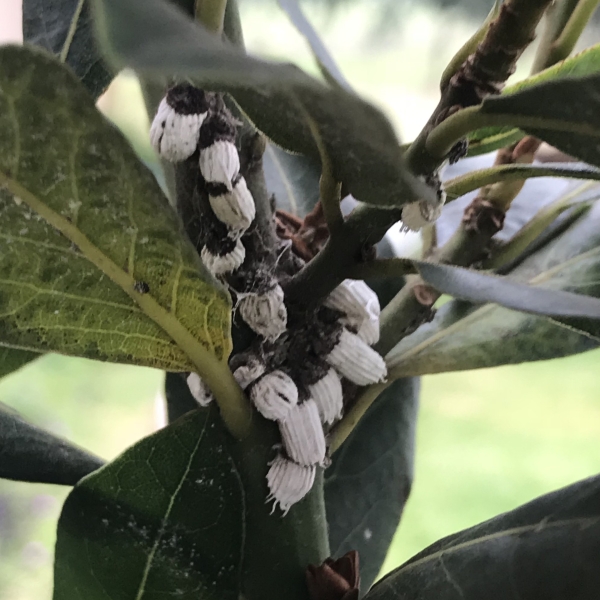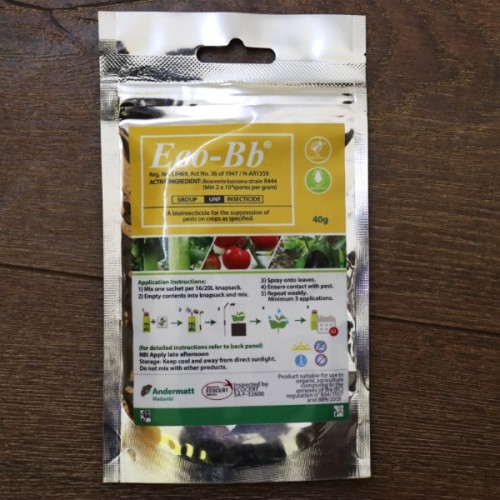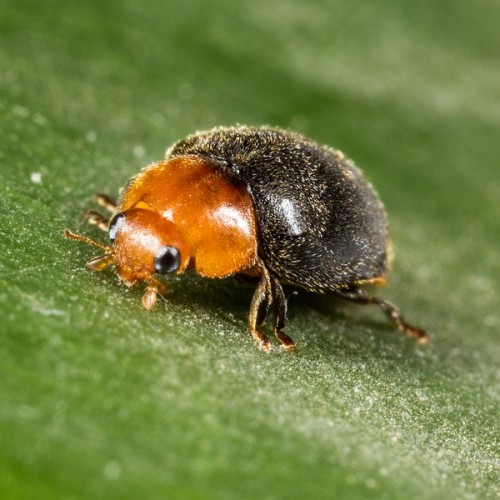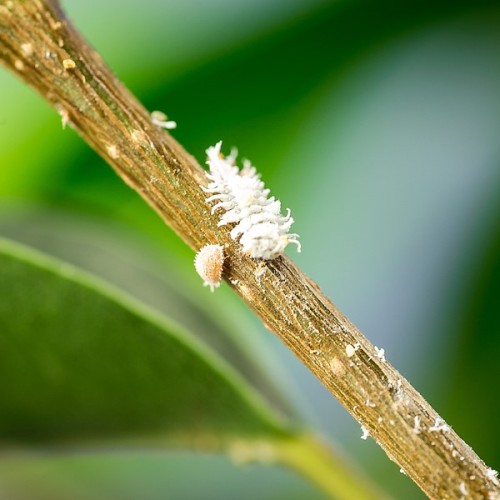Mealybug

Pseudococcus spp
Mealybugs are soft-bodied, sap-sucking insects cloaked in a distinctive white, waxy coating that makes them look like tiny cottony blobs scattered across plants. They favor sheltered niches such as leaf axils, bark crevices, and root zones. These pests drain vital nutrients from your plants, causing yellowing leaves, stunted growth, and premature fruit drop. Additionally, their honeydew secretion invites sooty mould, further harming plant health and appearance. In severe infestations, mealybugs can seriously reduce yields in crops like citrus, grapes, mangoes, and ornamentals common to South African gardens.
Controlling mealybugs effectively demands a multifaceted approach. Prevention and early detection through regular monitoring are key, especially during warm, humid spells when populations can explode rapidly. Healthy, vigorous plants withstand infestations better, so balanced watering and fertilization form the foundation of resistance.
A cornerstone of control is biological management. The predatory beetle Cryptolaemus montrouzieri, known as the mealybug destroyer, preys on mealybugs at all stages and is a highly effective ally.
Organic sprays like Eco-Bb® (Beauveria bassiana) target young, vulnerable stages with a natural fungal pathogen. Combined with contact insecticides like Neudosan® and Pyrol®, these form a balanced spray program that preserves beneficial insects while keeping mealybugs in check.
-
Beneficial Insects
-
Cryptolaemus montrouzieri (Cryptobug / Mealybug destroyer): A predatory beetle that feeds on mealybug adults and larvae, providing effective biological control
-
-
Biologicals
-
Eco-Bb® (Beauveria bassiana): Fungal biocontrol applied preventatively or at early infestation stages to reduce crawler populations.
-
-
Organics
Cultural practices such as removing infested plant parts and controlling ant populations, which protect mealybugs for their honeydew, also greatly reduce infestation pressure. Combining these strategies leads to healthier plants and sustainable mealybug management in your garden.
Andermatt - Eco-Bb (Ecobuzz Pest Pro)
Eco-Bb, previously known as Pest Pro is a fungal bio-insecticide (Beauveria bassiana) that attacks ..
R133.40
Biogrow Neudosan
Neudosan is formulated using potassium salts of fatty acids. A natural organic contact insecticide t..
R142.91
Biogrow Pyrol
Pyrol is a certified organic, broad spectrum, contact insecticide that kills all stages of insects. ..
R229.38
Cryptobug Adult
Scientific name: Cryptolaemus montrouzieriOriginating from Australia, this ladybird was first used a..
R2,442.03
Cryptobug Larvae
Cryptolaemus montrouzieriCryptolaemus montrouzieri can also prey on soft scales and aphids, however ..
R2,497.20





